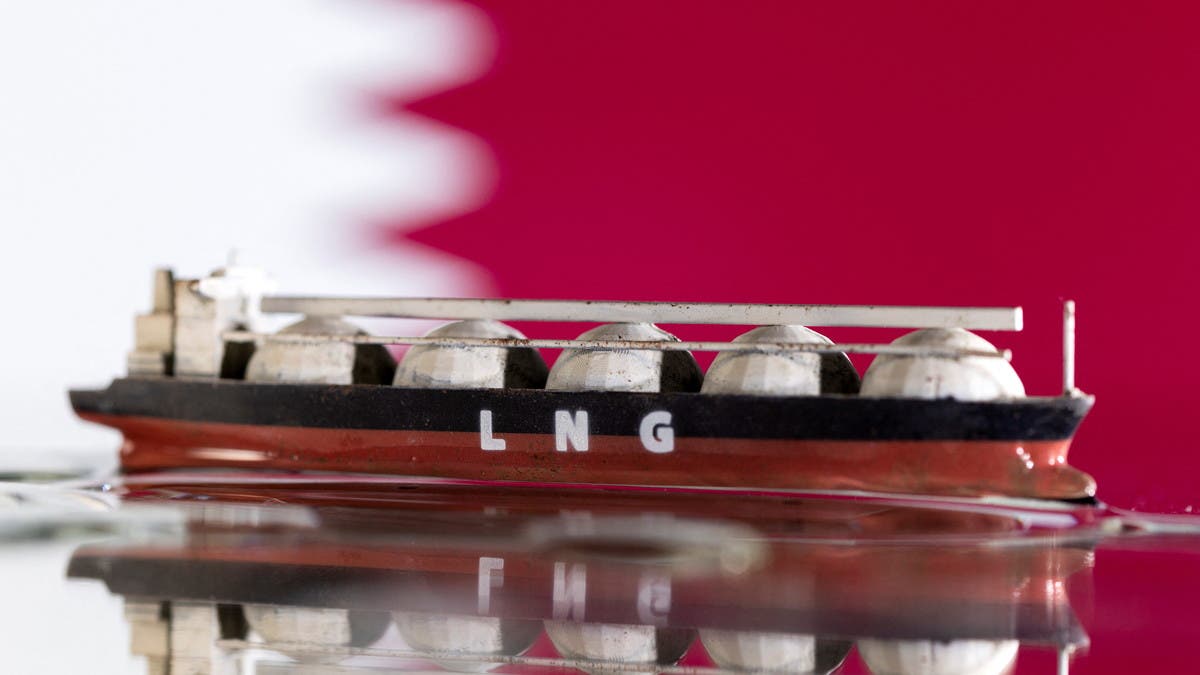Business
QatarEnergy to sign long-term LNG supply deal with Bangladesh

Business
Abu Dhabi Overtakes Oslo for Sovereign Wealth Fund Capital in Global SWF’s First City Ranking
Business
AM Best Briefing in Dubai to Explore State of MENA Insurance Markets; Panel to Feature CEOs From Leading UAE Insurance Companies
Business
Future of Automotive Mobility 2024: UAE Leads the Charge in Embracing Digital Car Purchases and Alternative Drivetrains
-

 World3 years ago
World3 years agoComprehensive plan for development of Arab culture to be discussed at UAE conference
-
Entertainment2 years ago
R-rated Winnie-the-Pooh movie brings scary spin to Disney’s beloved character
-

 World3 years ago
World3 years agoHead of new Yemeni council promises end to war via peace process
-

 Business1 year ago
Business1 year agoKuCoin Delivers Keynote Speech at Green Sustainable Finance Forum in COP28 Blue Zone
-

 Entertainment7 years ago
Entertainment7 years agoNew Season 8 Walking Dead trailer flashes forward in time
-

 World7 years ago
World7 years agoIllinois’ financial crisis could bring the state to a halt
-

 Entertainment7 years ago
Entertainment7 years agoThe final 6 ‘Game of Thrones’ episodes might feel like a full season
-
Entertainment1 year ago
Hollywood’s video game performers authorize strike if labor talks fail






